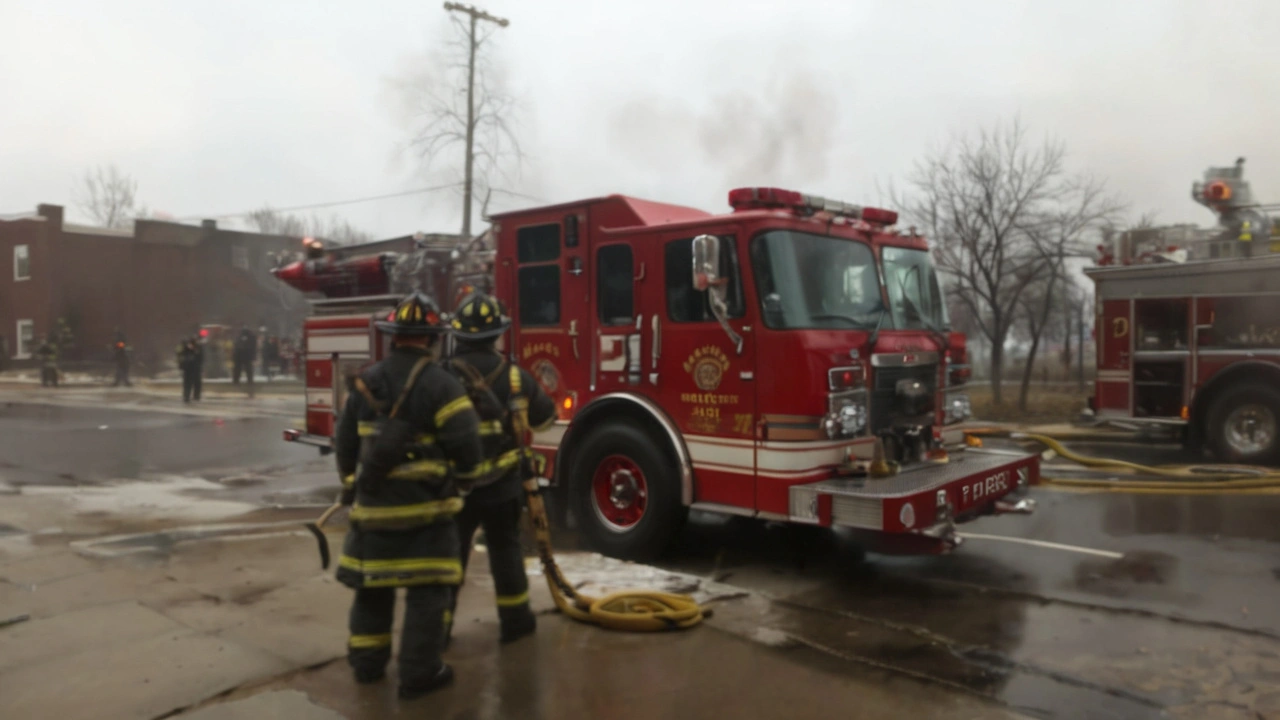One fridge failure can waste thousands in meds and ruin a day's work. Equipment maintenance isn’t fancy — it’s basic habits that stop big problems. This page gives clear, usable steps you can use today to keep scales, refrigerators, pill counters, and other gear working reliably.
Make a short daily checklist and post it where the team can see it. For example: fridge temperature logged twice a day, visual check for leaks or odd noises, clean surfaces and remove dust from vents, ensure power cords are intact. Keep each check under two minutes so it actually gets done.
Weekly tasks should take a little longer: deep-clean counters and equipment housings with manufacturer-approved cleaners, inspect seals and gaskets (fridges and freezers), test emergency alarms and backup power if you have them, and empty drip trays or filters. Assign tasks to specific staff so no one assumes someone else did them.
Use simple labels or a board to show who checked what and when. A signed line or initial is more reliable than memory.
Calibration keeps measurements accurate. For scales, thermometers, pipettes, and blood-pressure devices, follow the manufacturer schedule or local rules. If a reading drifts by even a small amount, mark that device out of service until it’s fixed. Keep a calibration log with date, who did it, and results — digital spreadsheets work fine if you back them up.
Records are your best defense if something goes wrong. Track maintenance, repairs, part replacements, and warranty info. When a vendor asks for a serial number or service history, you’ll be glad you kept neat notes.
Not every fix needs a technician. Swap a filter, tighten a loose screw, or replace a bulb in-house if you have clear instructions. For electrical faults, refrigeration compressor issues, or anything under warranty, call the pros. Trying to fix those yourself often costs more and voids warranties.
Keep a small kit with common spare parts and tools: replacement fuses, batteries, gaskets, common bulbs, and basic hand tools. Stock what breaks most often and label compartments so anyone can find parts fast.
Train staff on safe handling and simple troubleshooting. Run short refreshers quarterly. Teach people how to isolate power, record errors, and tag equipment as "out of service" so it’s not used accidentally.
Finally, plan for failures. Have vendor contacts, warranty papers, and backup suppliers ready. For temperature-sensitive meds, keep a cold chain plan: spare fridge space, ice packs, and clear steps for moving stock if a fridge fails. A little planning saves time, money, and stress when things go wrong.
Follow these habits, make them visible, and keep records. Small, regular steps cut breakdowns and protect your stock and patients.

A troubling event in Detroit's Morningside neighborhood saw a fire engine catch fire and a ladder truck break down as firefighters responded to a house fire, exposing major issues with aging equipment and budget constraints within the city's fire department.